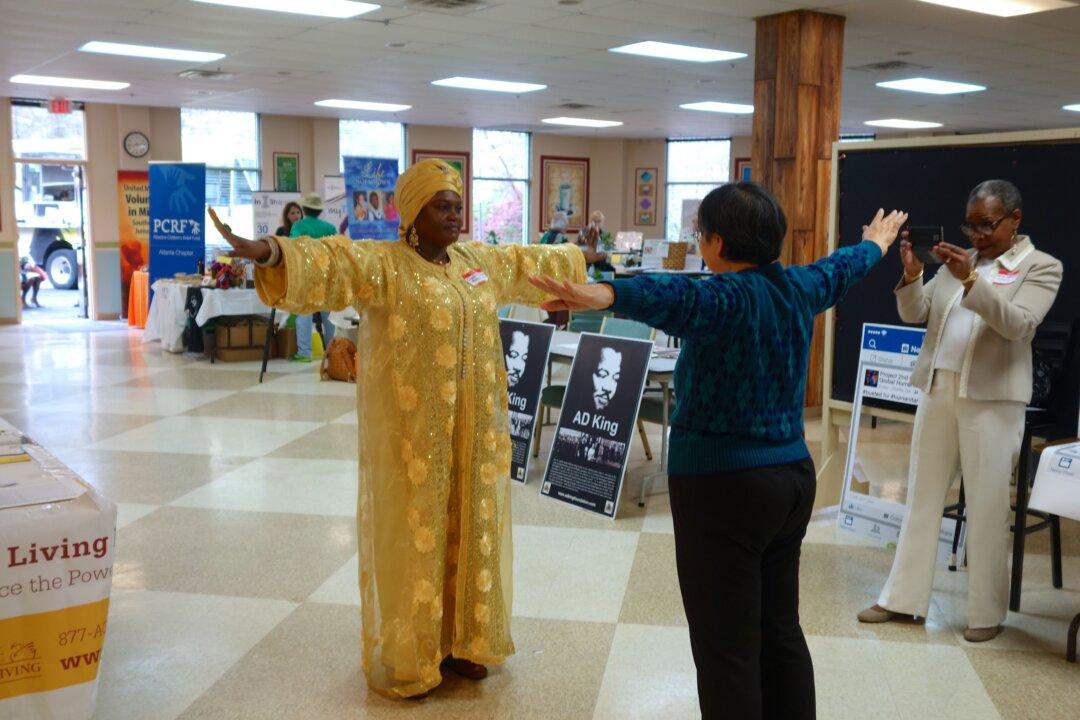Georgia Congressman John Lewis, a renowned civil rights leader and one of the original 13 freedom riders who, in 1961, nonviolently challenged segregation in the South, chronicled his role as one of the Big Six leaders of the American Civil Rights Movement in his 1998 autobiography, “Walking With the Wind: A Memoir of the Movement.”
This year, the congressman looks to the concerns of the next generation. In his new book, “Across That Bridge: Life Lessons and a Vision for Change,” Lewis has written a map to peace for “the grassroots leaders who will emerge not for the sake of fame and fortune, but with a burning desire to do good.”







